
In an unprecedented move that has sent ripples through Ghana’s legal and political landscape, President John Dramani Mahama has suspended Chief Justice Gertrude Torkornoo.
This marks the first time in Ghana’s judicial history, that a sitting Chief Justice has been suspended in the Fourth Republic.
Prior to this, a majority of the previous chief justice’s since 1992 had a petition against them, which was dismissed for one reason or the other.
The decision, announced on April 22, 2025, follows the submission of three undisclosed petitions against Gertrude Torkornoo.
After receiving the Chief Justice’s response, the Council of State determined a prima facie case, and acting upon the advice of the council of state, the President suspended the Chief Justice and formed a committee to investigate the allegations.
But this is not the first time Justice Torkornoo, has faced scrutiny over her administrative decisions.
After her appointment as Chief Justice in June 2023, a petition filed by Professor Stephen Kwaku Asare in December 2024 alleged that she had undermined the judicial appointment process by requesting the then President Nana Addo Dankwa Akufo Addo, to appoint specific judges and then presenting these nominees to the Judicial Council for approval.
The petition also accused her of interfering with duly constituted panels without providing explanations or public interest reasons.
However, President Akufo-Addo, dismissed the petition, stating that it lacked sufficient evidence and that the allegations were unsupported by credible documentation.
And so the suspension of Chief Justice Torkornoo now, has sparked a wave of reactions from various sectors of the Ghanaian society.
The Ghana Bar Association (GBA) has expressed concern over the potential implications for judicial independence.
In a statement, the GBA emphasized the need for a fair and transparent process, warning against actions that could undermine the credibility of the judiciary.
For the Minority Caucus in Parliament, they label the suspension as a politically motivated one, arguing that the president is only in the process of packing the courts with “party sympathetic justices.”
And MP for Old Tafo, Vincent Assafuah has brought action in the supreme court seeking to injunct the suspension.
Civil society organizations, including FiDA Ghana, have called for a transparent and impartial investigation into the allegations.
They stress the importance of upholding the rule of law and ensuring that any actions taken are in the best interest of the public.
The 1992 Constitution is clear on how the Chief Justice-or any justice of the Supreme Court-can be removed from office.
Article 146 of the 1992 Constitution sets out the procedure for the suspension or removal of judicial officers.
It requires that any such action be grounded in due process, with the formation of a committee that is empowered to investigate allegations thoroughly.
And as far as the presidency is concerned, all processes were duly followed.
As the committee begins its investigation, the nation watches closely. The outcome of this process will have far-reaching implications on Ghana’s judiciary.
The suspension of Chief Justice Gertrude Torkornoo is not just a legal matter; it is a pivotal moment in the ongoing journey of Ghana’s democracy.
Will Ghana’s judiciary emerge from this stronger and more independent?
The post EXPLAINER: Suspension of Justice Torkornoo; what have transpired so far first appeared on 3News.
Read Full Story
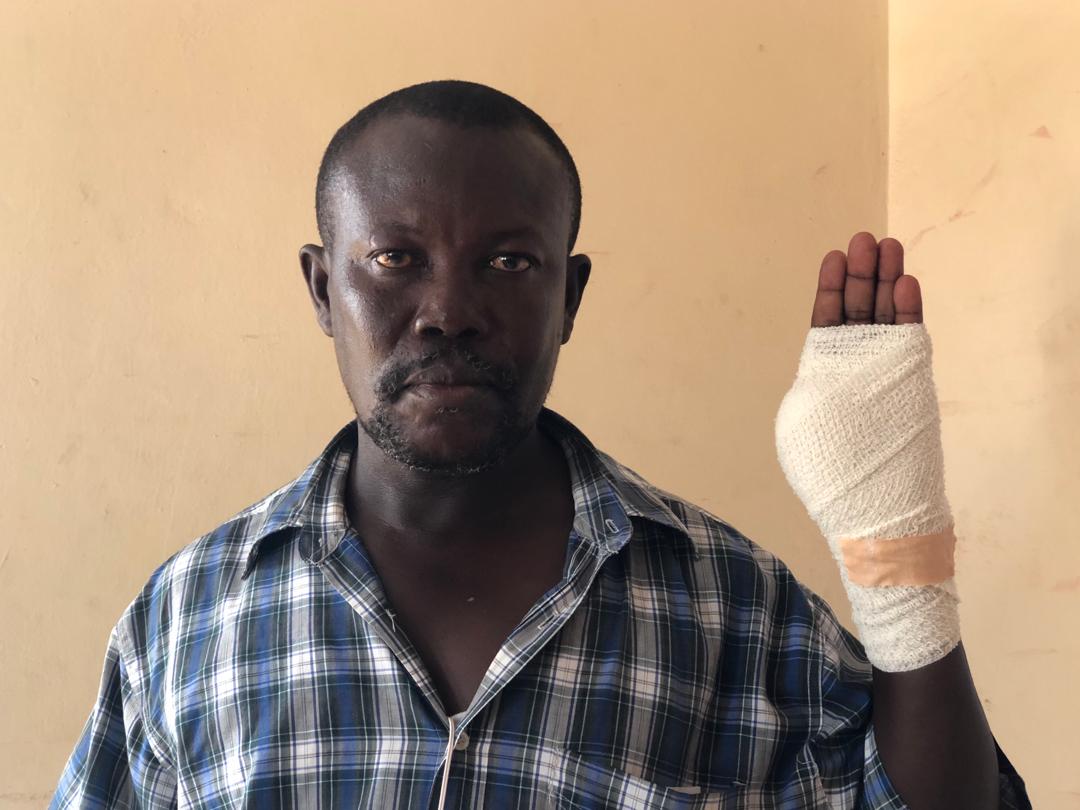
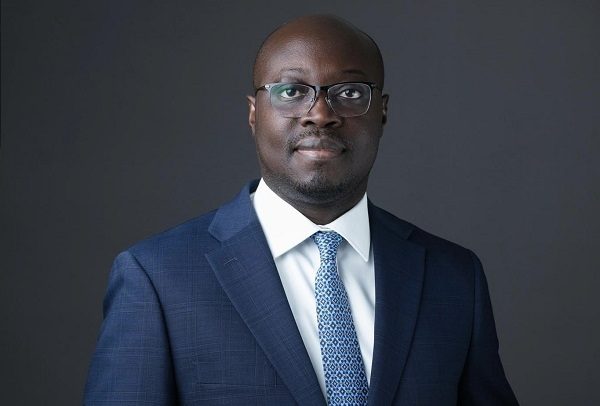

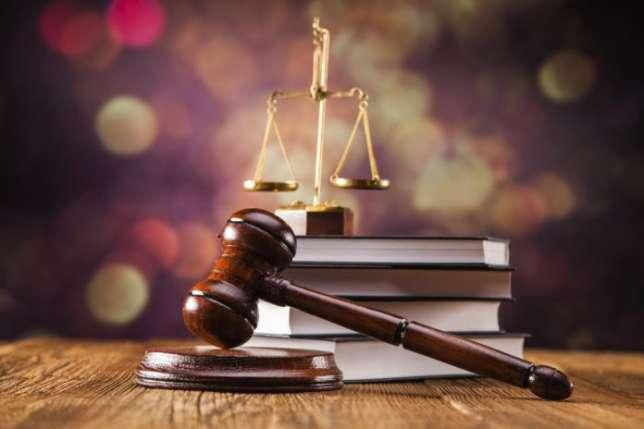
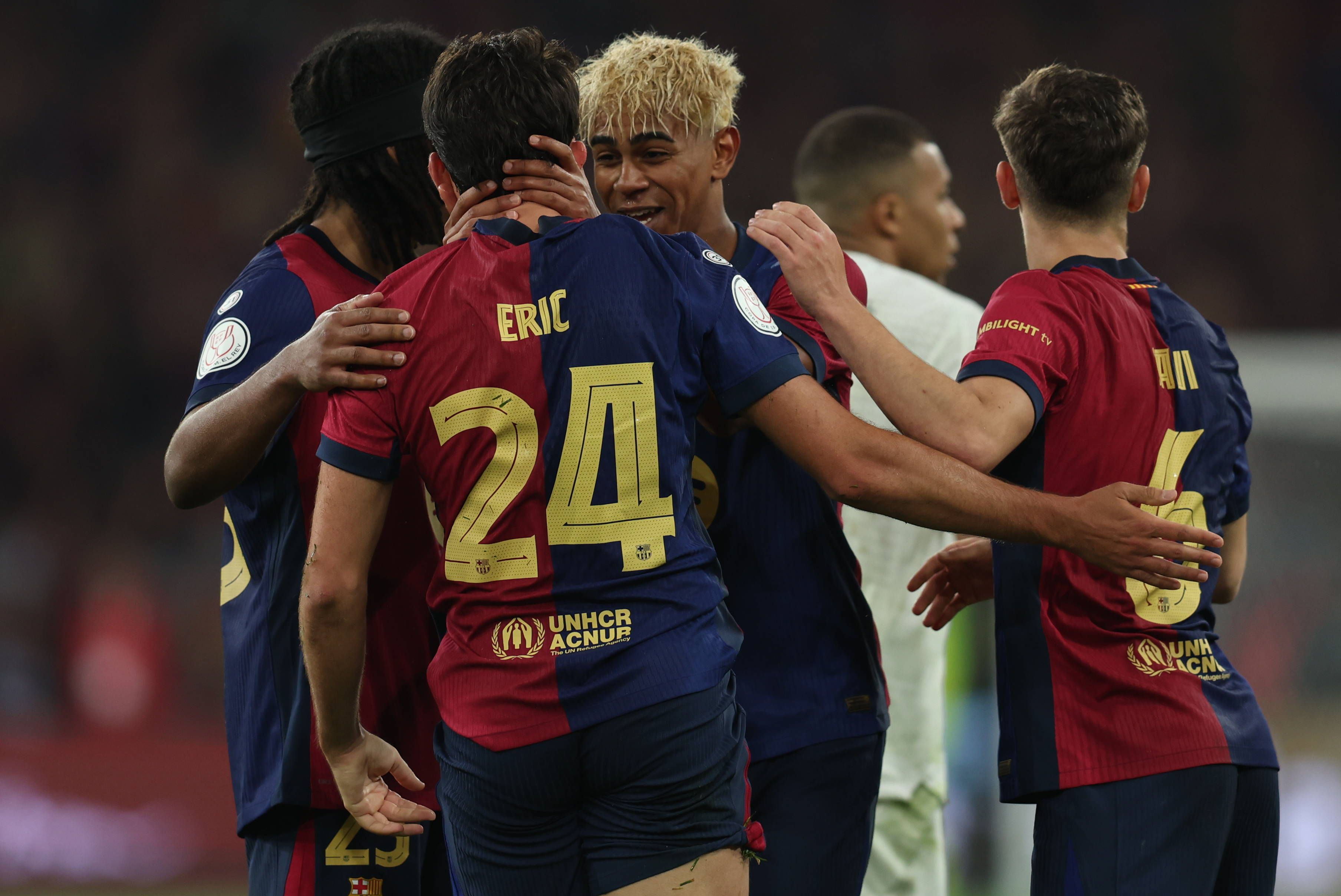
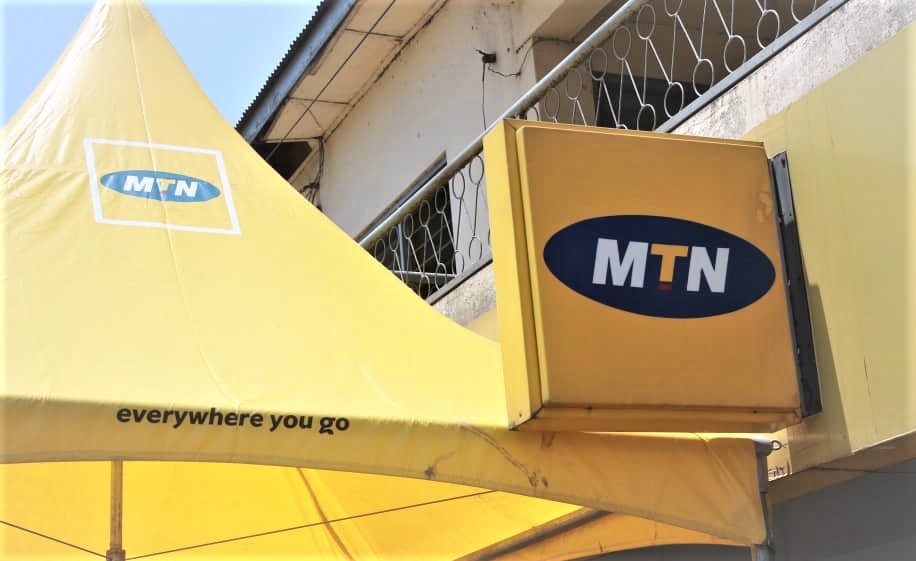
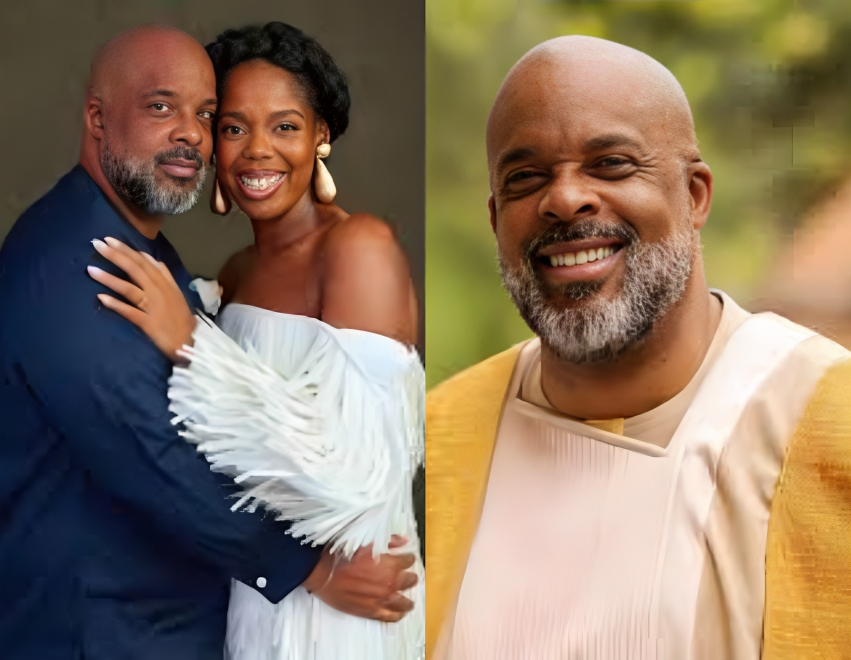
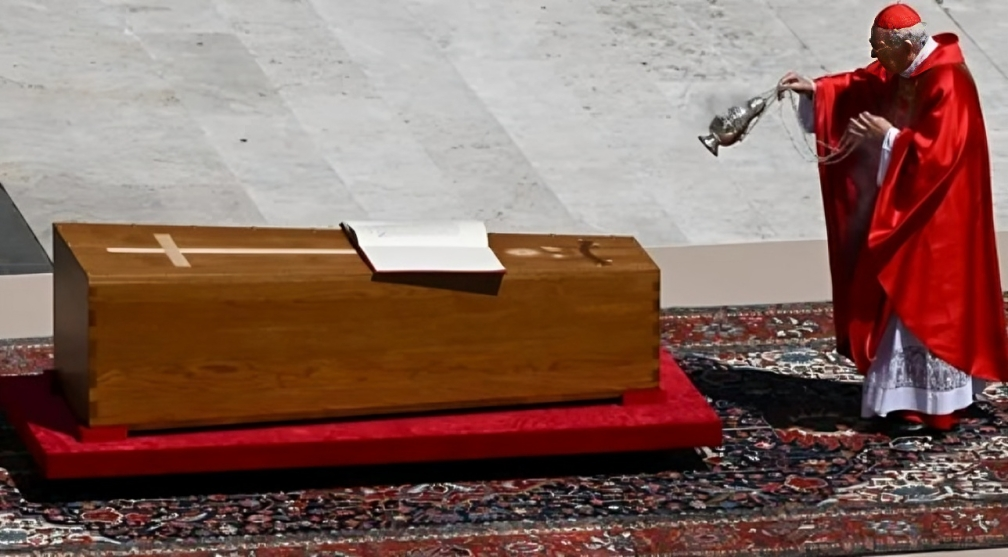

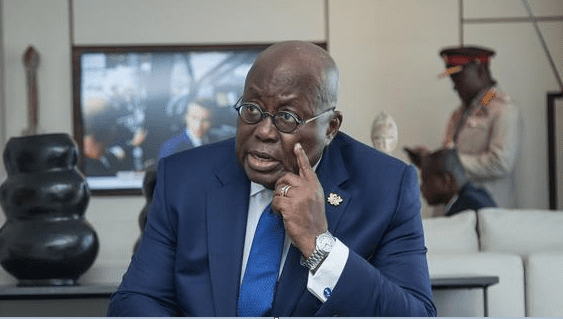



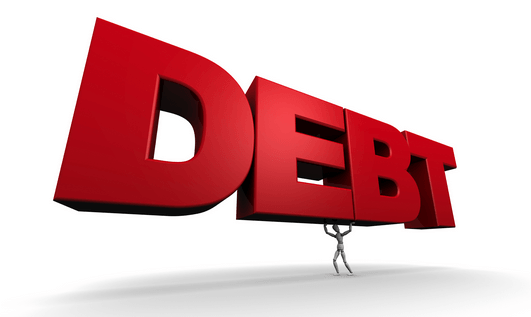



Facebook
Twitter
Pinterest
Instagram
Google+
YouTube
LinkedIn
RSS